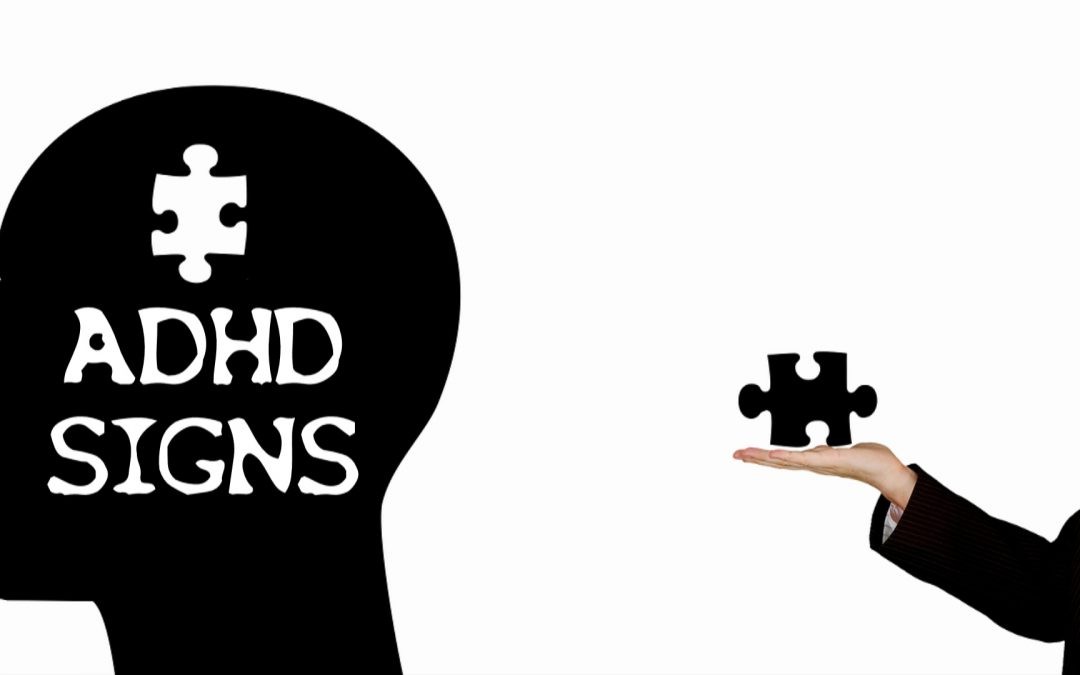Signs of ADHD – Attention Deficit Hyperactivity Disorder
Attention Deficit Hyperactivity Disorder is a neurodevelopmental dysfunction characterized by inattention.
When many individuals think of Attention Deficit Hyperactivity Disorder, they imagine an out-of-control child in fixed motion, bouncing off the walls and disrupting everyone around. Some children with ADHD are hyperactive, whereas others sit quietly with their thoughts seemingly miles away. Some put an excessive amount of focus on a task and have hassle shifting it to one thing else. Others are solely mildly inattentive, however overly impulsive. It may be troublesome to tell apart between ADHD and regular “kid conduct.” If you notice just a few indicators or the signs only in some situations, it’s most likely not ADHD. On the other hand, in case your youngster exhibits numerous ADHD indicators and symptoms which might be current across all conditions—at home, in school, and at play—it’s time to take a closer look.
How is ADHD Diagnosed?
Certain medical situations, psychological issues, and stressful life events could cause symptoms that appear to be ADHD. If you’re concerned about whether or not you or your child might have Attention Deficit Hyperactivity Disorder, the first step is to seek advice from a health care professional to determine if the signs and symptoms are related to ADHD. The prognosis could be made by a health care professional, like a psychiatrist or medical psychologist, or pediatrician.
To diagnose ADHD, health care professionals start by asking about a child’s health, conduct, and activity. They provide feedback about the things they’ve observed. Your health care professional would possibly ask you to complete checklists about your child’s conduct and may ask you to give your child’s teacher guidelines too. Attention, activity, and self-management develop little by little, as youngsters grow. But some youngsters don’t get significantly better at paying attention, settling down, listening, or waiting. When these problems proceed and begin to cause issues at school, at home, and in public, it is always a good idea to seek advice early on from a health care professional specializing in ADHD.
ADHD is likely one of the most typical neurodevelopmental disorders of childhood. It is often first diagnosed in childhood and sometimes lasts into maturity. In early maturity, ADHD could also be associated with melancholy, mood or conduct disorders and substance abuse.
Coping with ADHD?
Treatment options for Attention Deficit Hyperactivity Disorder are available and would be provided by and under the direct supervision of your health care professional. A thorough prognosis and therapy plan that takes into consideration all the signs present is essential. For many individuals, ADHD medications scale back hyperactivity and impulsivity and enhance their capacity to focus, work, and be taught.
There are also many local support groups available for individuals with similar problems which can be very helpful to learn more about ADHD and the way to handle these symptoms. These groups are useful for adults with ADHD or parents of kids with ADHD. You can get the contact information for these groups by doing a simple search on the internet.
Conclusion
ADHD can disrupt many elements of a child’s life. Learning, adjusting to situations, sleeping, and getting along with others are all potential downside areas. Adults with ADHD might find it hard to focus, arrange, and end tasks. Medication is often used to help normalize mind activity and should be rigorously prescribed and monitored by a physician, preferably a psychiatrist. Stimulant medicines are commonly used because they’ve been proven to be best for most people with ADHD. Always consult a medical health care professional for diagnosis and treatment for ADHD.
To learn more about ADHD watch video below.
If you found this post useful, please share with others who may benefit from content. Comment below and share your thoughts.
Disclaimer
Please note that the content provided is for informational purposes only. This information is not advice and should not be treated as professional advice. You must not rely on the information in this video as an alternative to advice from your medical professional or healthcare provider. For further details visit our disclaimer page.
